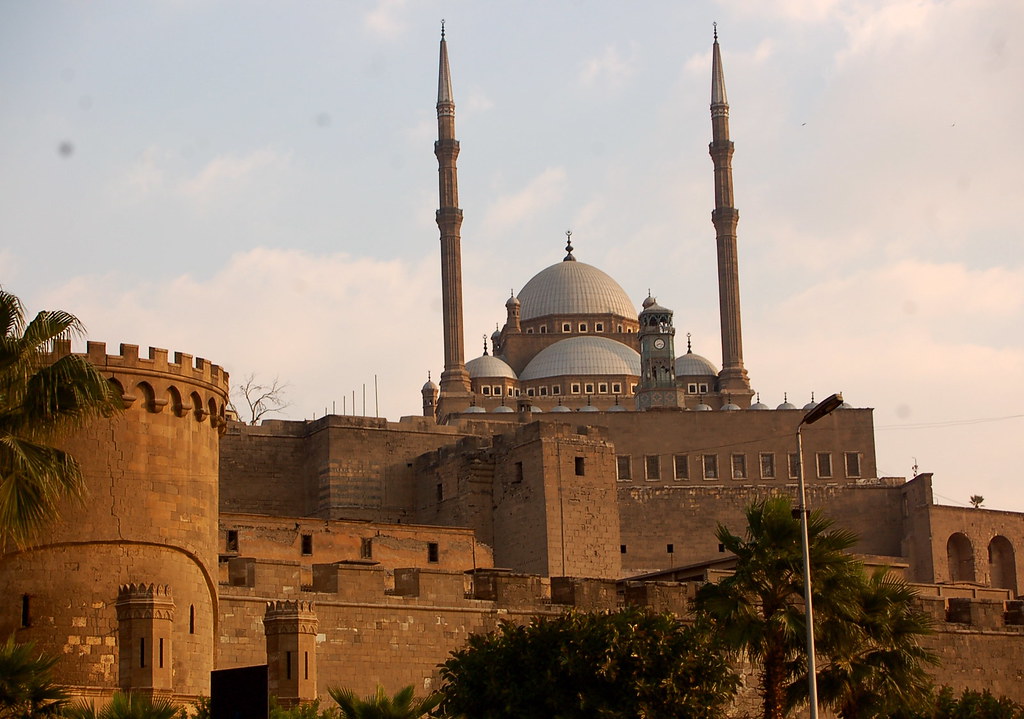
During the last few days, a great deal of controversy has surfaced regarding entry fees to the Citadel of Saladin.
There has been rumors that an Emirati investor has recently obtained the legal rights to manage the archaeological site which has changed ticket prices.
The Secretary General of the Supreme Council of Antiquities, Mustafa Waziri has denied reports about the government’s approval to grant an Emirati company the legal rights to manage Citadel of Saladin archaeological site.
Waziri stressed that the ministry does not deal with Emirati or private companies, pointing out that the ministry deals with sovereign agencies in Egypt only in case of carrying out these contracts.
Sources confirmed to RT that the news of tickets rising for entry to the Citadel of Saladin rose were true.
The ticket prices shifted from LE5 to LE65, which prompted many to questions and suspicion to rise.
The rumors were made by some workers at the Citadel of Saladin who said that the reason for the price hike was because a new investor has become responsible for managing the place.
Two years ago, the Supreme Council of Antiquities signed a contract with the Sovereign Fund of Egypt to develop, provide, operate and manage visitor services in the ancient Bab al-Azab area of Citadel of Saladin, provided that the Supreme Council of Antiquities alone manages the archaeological area.
The fund provides, operates and manages visitor services, under a new partnership between the Ministry of Tourism and Antiquities (the Supreme Council of Antiquities) and the Sovereign Fund of Egypt to revive archaeological sites and raise its historical and economic value.
After a period of negotiations that lasted nearly six months, a contract was signed between the two sides, aiming to rehabilitate historic Cairo, and to improve the quality of services provided to Egyptian, Arab and foreign visitors in the Citadel area – one of the most important tourist destinations in Egypt – which lacks adequate basic services.




